Humanities Bible: 8 Steps to Ace your CBSE XII Board Exams | How to prepare for Humanities - Humanities/Arts PDF Download
Class XI must have been very challenging for you. By now, you have built up your foundation, and it's time to make it stronger. During this time, you have to prepare for your board exams along with your entrance exam preparations.
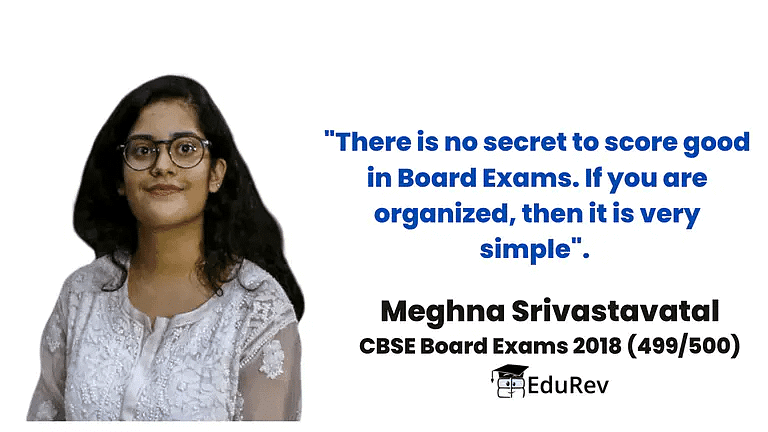
How was this guide made?
- This guide has been made by EduRev experts by analyzing the strategies and interviews of CBSE XII toppers such as Aditi Gupta (99.6%), Anshula Sardesai (98.4%), Poorva Choudhary (97.6%), Meghna Shrivastav (499/500) and many more.
- The experts at EduRev have done an in-depth analysis of the study patterns, strategies, and tips followed by the toppers of Board Exams to bring this comprehensive guide for you so that you have all the information required to prepare for Class XII Board Exams.
Why did EduRev make this guide?
- We wanted to answer the question "How to Prepare for CBSE XII Board Exams" once and for all in the best / perfect way possible for all the students by reviewing the common problem faced by the students in preparing for Board Examinations.
- Students need to know the right path to follow in achieving the ultimate goal, which is to score good grades in their Board Exams and further clear the entrance tests to get admission to top colleges.
- A step-by-step guide is made for you to teach in a guided way so that you can score good grades in your board exams with the least amount of time and effort spent, ensuring Study What Matters.
Here is the strategy which toppers follow to score above 90% in board exams:
Step 0- What do you do before you begin your board examination preparations?
Are college admissions really getting more competitive?
Definitely Yes! The cut-offs are increasing every year. To get into your dream college/university, you will have to give your best in preparing for board examinations. 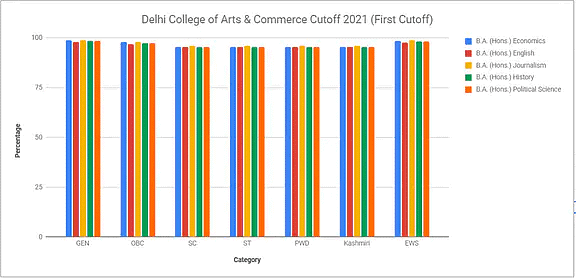
Before starting your preparation, it is important to prepare yourself mentally and physically for the examination.
- Set Your Goals: Set goals and devote time effectively. Setting targets will keep you passionate, and you’ll be motivated to study throughout the year. Take one day at a time, set targets for a day, and by the time of your board exams, you’ll ultimately reach your goal.
- Analyze Yourself: You have been introduced to the subjects in your Class XI. You certainly know the subjects you are weak in. Determine which topics are the most difficult to comprehend or learn, and focus on those first. Turn your weak points into stronger ones by focusing and staying consistent with your preparations.
EduRev has compiled the syllabus of all the subjects for you, from where you can get an insight into your good and weak areas.
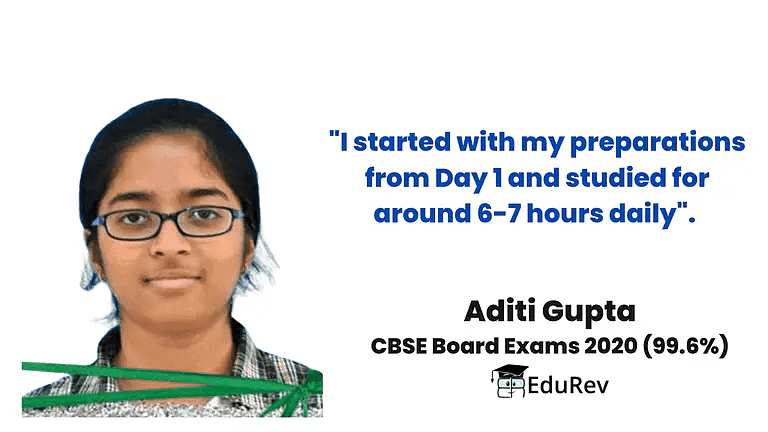
- Plan your day: After a comprehensive study of the syllabus, start with managing your day. Time management is a must. Planning your time will help you achieve short-term goals, ultimately leading you towards your main goal. A timetable should be made so that you can cover all the topics or at least have a rough idea about what they entail. Study the learning subjects like history, political science, etc in the morning. This will help you to retain a long time memory of whatever you have learned while reading in the morning.
Step 1- Understand the Exam Pattern and Syllabus:
The year-end examinations will continue to align assessments and evaluation practices with the New Education Policy, 2020 for the academic session 2025-2026.
The Assessment Scheme followed will be:
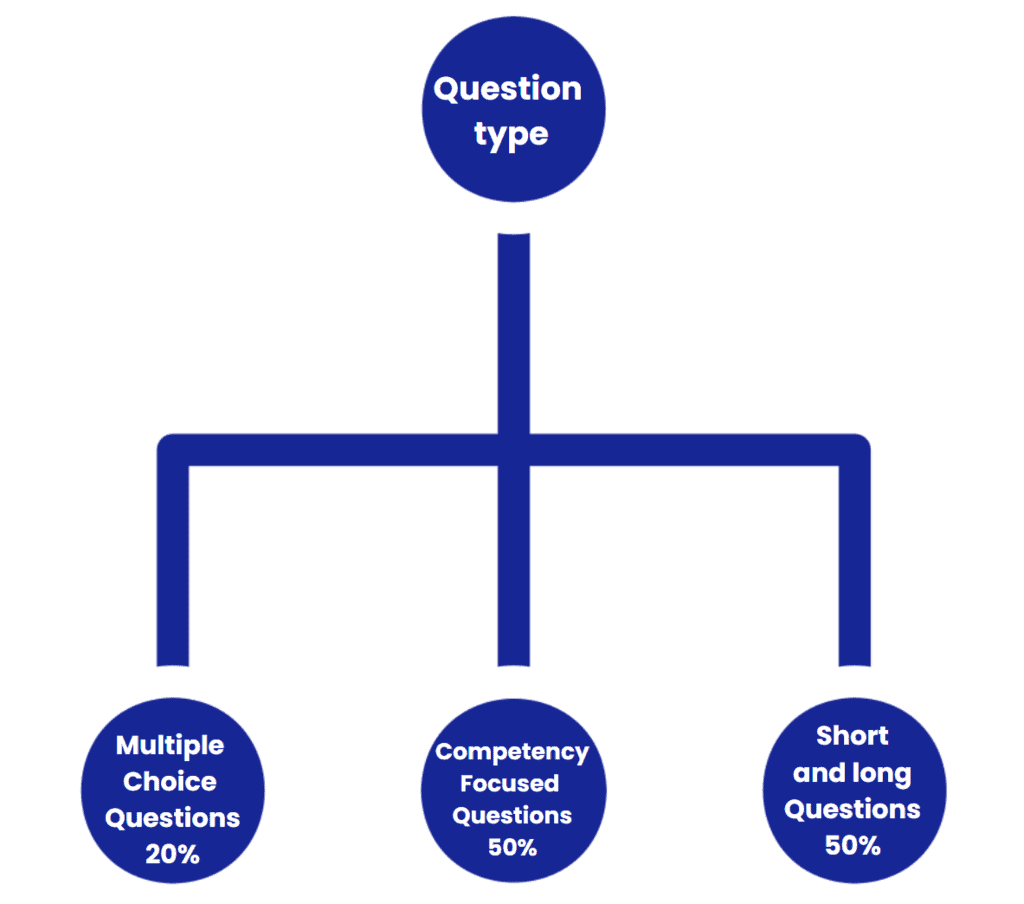
- Before you start preparing, knowing what you have to study is the first step.
- Understanding the syllabus and exam pattern correctly will guide you to plan your preparation properly.
- In the board exams, you have to write objective as well as subjective answers, and it is a must to know the pattern and the syllabus, which will help you in giving an insight before you start your preparations.
According to the new pattern, MCQ (Online Tests), Competency Based Questions, and Short and Long Questions for all the subjects are provided on the EduRev App.
Step 2- Understand the Previous Year Questions (PYQs):
Understanding the previous year's questions is essential for you to know the pattern of the CBSE Board exams. So, the second step revolves around PYQs.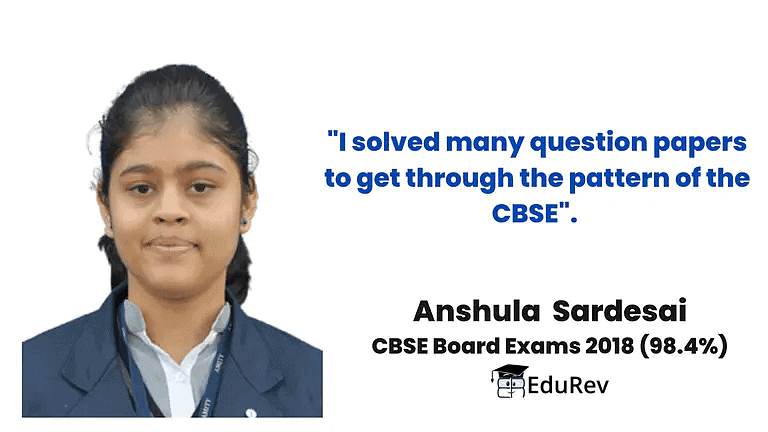
- Once you’re through with the syllabus, pick up the previous year's papers and skim through them to get an understanding of what is actually asked in the Boards Exams.
- Skim through a few previous year's question papers to understand the level and type of questions asked.
- Once you go through the PYQs, you’ll be able to get an understanding of which types of questions are of repeating nature. You can then focus more on such types of questions while preparing for your board exams.
EduRev has compiled the Past Year Questions with Solutions to make it easier for you to understand.
Step 3- Build your foundation with NCERTs:
NCERTs are the best source from where you can prepare for your board exams. 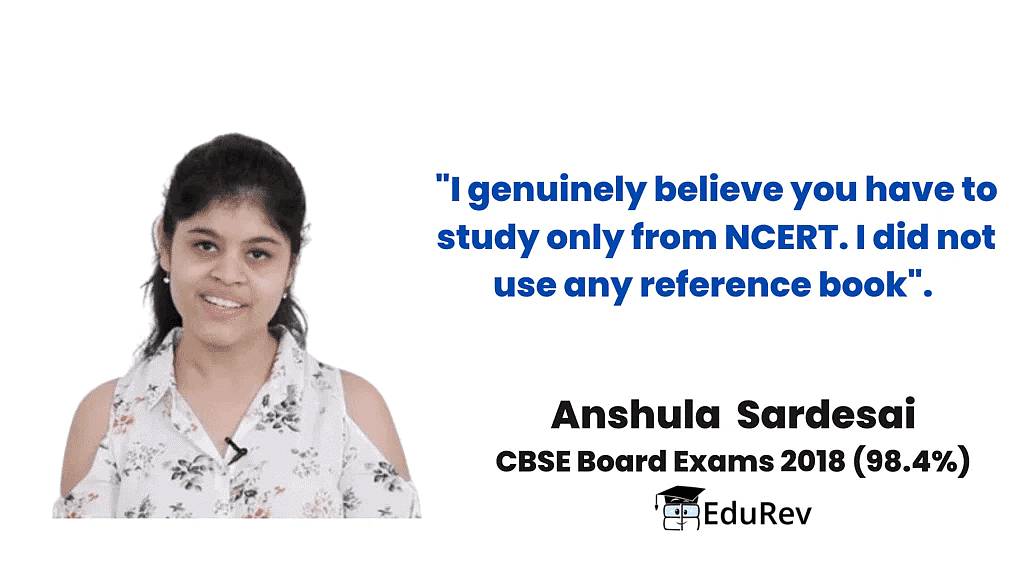
- Once you have analyzed and skimmed through the PYQs, start your preparation with NCERT textbooks and use other books as a reference (if needed).
- Reading NCERTs will cover your base, and these books provide the information very coherently.
- Highlight key points in your study material and make short notes.
- Read NCERT Twice: Make a habit of reading the NCERT textbooks twice. While reading for the first time, mark the important lines, and then the second time, read just the lines you marked as important.
- How to Read NCERTs- The initial reading should be used to grasp the information, and subsequent reads should be used to remember it.
- After reading the textbook, try solving the questions given in between and at the end of the chapter. This will help you in your conceptual understanding of the chapter.
EduRev App provides you with the NCERT textbooks and NCERT Solutions for all subjects. You can also look at chapter-wise NCERT textbooks and solutions in subject-wise courses.
Step 4- Prepare for all the subjects productively:
Once you know the syllabus, the pattern of the exam, made a timetable, and managed your day, focus on your subject-wise preparations.
- While preparing for your board exams, each topic of each subject is equally important.
- Prioritize your weak subjects but don't forget to give time to strong ones as they will be your marks booster. Start with the subjects you are least confident in.
- Don’t be overconfident with the subjects you find easy.
EduRev helps you with subject-wise preparation for CBSE XII Board examinations.
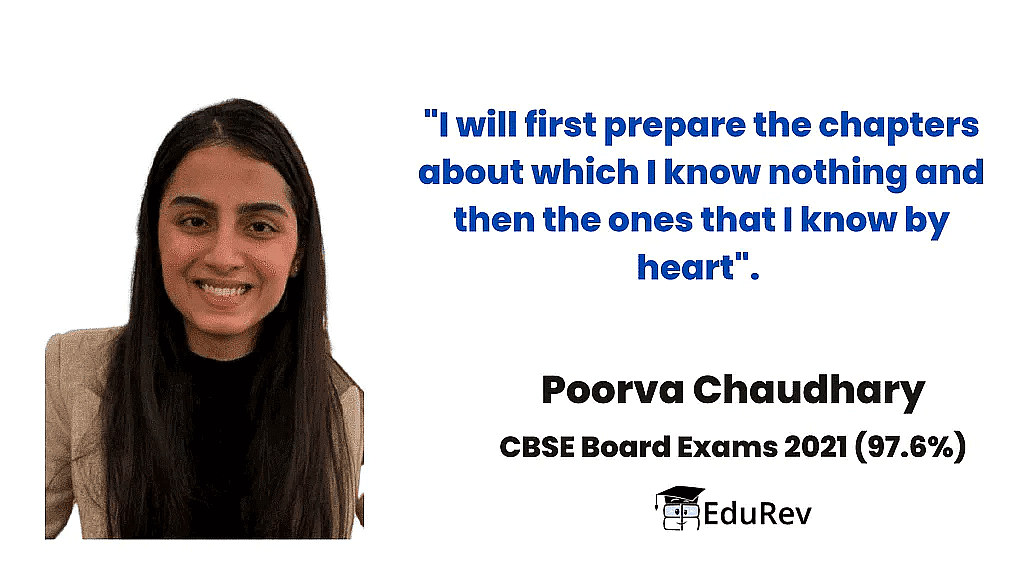
- Syllabus and Pattern- The 2 prescribed books for English Core Exam are Flamingos and Vistas. The question paper has three sections. Section A: Reading Comprehension (Two Passages), Section B: Creative Writing Skills, and Section C: Context Questions.
- Analyze yourself- English has been a subject you are studying since you started studying for the first time in childhood. You must have come across the sections you find yourself weak in, and now it's time to jot them down and brush them up.
- Understand the PYQs- You can look for the type of essays and letters being asked and prepare according to that level.
- Prepare for Section A and B- You should practice letter-writing and summary writing formats repeatedly, Before you read the comprehension passage thoroughly in your CBSE Class 12 English paper, skim through the questions first.
- Prepare for Section C- Read NCERT textbooks and summaries for conceptual understanding. Read the lessons and try to understand the underlying theme and characters. It is important to prepare notes on character sketches of central characters as well as on central themes.
- Videos and Tests Are A Must- Once you are thorough with the basic understanding of the poems and prose through NCERTs, you should continue learning with the videos. Attempt NCERT-based tests after having a thorough understanding of the topics.
- Practice PYQs and Sample Papers- After completing your syllabus thoroughly, spend the rest of the time practicing the previous year's questions and sample papers. Solving the previous year's question papers is like giving previous board exams, which will help you boost your confidence.
You can find more detailed information at: English Class 12
- You should start studying History as soon as possible to be able to absorb the most information and to be able to score well in the examination.
- Syllabus and Pattern- The 3 prescribed books are Themes in Indian History – I, Themes in Indian History – II, and Themes in Indian History – III. Each book covers 25 marks, and the remaining 5 marks are for map work.
- Understand the PYQs- You can look for the type of questions being asked and prepare according to that level.
- Prepare from NCERT- NCERTs are the best source from which you can prepare for your board exams. You can remember historical events and their sequences more easily by drawing a chart and writing down the timelines as well as other key details.
- Maps- Practice map work from the beginning instead of leaving it for the end. Maps could be a scoring area with ample practice.
- Videos help you create stories- Videos of History help you create stories based on historical events and make them easy to learn.
- Tests Are A Must- After completing a theme, start taking chapter-wise tests. Work through a variety of tests that will help you evaluate yourself and build up your confidence.
- Practice PYQs and Sample Papers- Solving the previous year's question papers is like giving previous board exams, which will help you boost your confidence. After completing your syllabus thoroughly, spend the rest of the time practicing the previous year's questions and sample papers.
You can find more detailed information at: History Class 12
Step 4.3 How to study Geography?
- Syllabus and Pattern- The 2 prescribed books are Fundamentals of Human Geography and India: People and Economy. Each part carries 35 marks, and the Practical Work in Geography Part II is for 30 marks.
- Understand the PYQs- You can look for the type of questions being asked and prepare according to that level.
- Prepare from NCERT- NCERTs are the best source from which you can prepare for your board exams. Read the lessons and try to understand the underlying concept, and highlight the important lines.
- Maps- Maps are an important part of Geography as a subject as well as from an exam point of view. It could be a scoring area with ample practice.
- Videos help you understand better- Videos of geography help in a detailed understanding of the features and locations. The visuals help in creating an image which makes learning easy.
- Tests Are A Must- After completing a chapter, start taking chapter-wise tests. Work through a variety of tests that will help you evaluate yourself and build up your confidence.
- Practice PYQs and Sample Papers- After completing your syllabus thoroughly, spend the rest of the time practicing the previous year's questions and sample papers. Solving the previous year's question papers is like giving previous board exams, which will help you boost your confidence.
You can find more detailed information at: Geography Class 12
- Syllabus and Pattern- The course is divided into 3 parts i.e Part A- Contemporary World Politics and Part B- Politics in India since Independence, each covering 40 marks. The remaining 20 marks are for project work.
- Understand the PYQs- It is advised to start with the understanding & analysis of the previous year's questions of Political Science Board Examinations to understand the pattern of the exam.
- Prepare from NCERT- Read the chapters thoroughly and mark important lines, so you don't have to go through the full chapter while revising. You can connect the years and create flow charts for remembering the dates and events.
- Videos are important to clear your concepts- Videos of Political Science help you clear your concepts and make them easy to learn. You can also learn the important facts and happenings easily.
- Take tests and analyze them- After completing a topic or a chapter, start taking tests. After taking a test, the most important thing to do is analyze it. It is more important to analyze the test than it is to take the test.
- Practice PYQs and Sample Papers- After completing your syllabus thoroughly, spend the rest of the time practicing the previous year's questions and sample papers. Solving the previous year's question papers is like giving previous board exams, which will help you boost your confidence.
You can find more detailed information at: Political Science Class 12
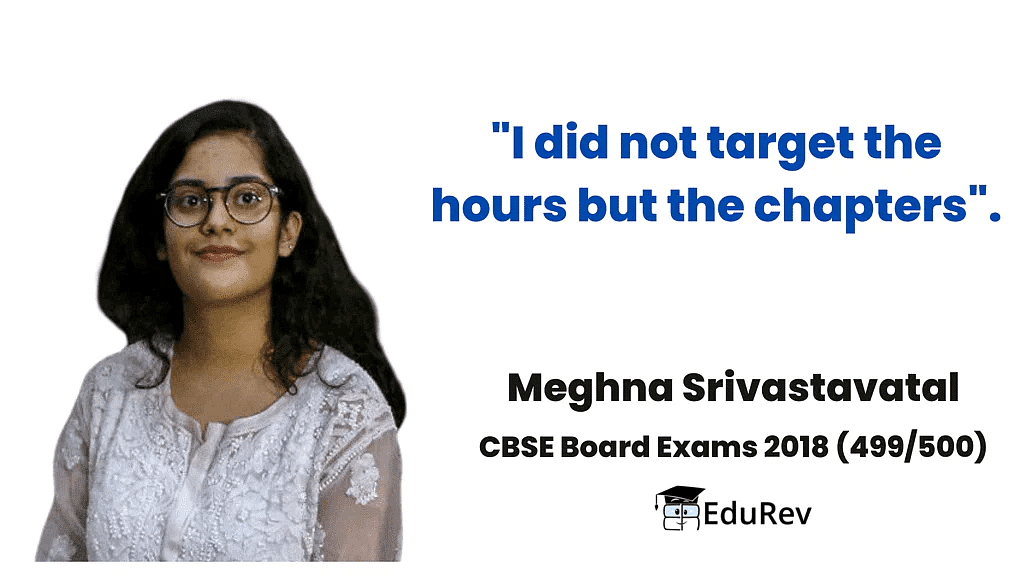
- Syllabus and Pattern- The course is divided into three parts, i.e Part A- Introductory Macroeconomics (40 marks), Part B- Indian Economic Development (40 marks), and project work (20 marks).
- Chapter-wise preparation- Try to skim the chapter so as to have an idea of what are the concepts to be learned in that chapter. Move topic-wise as all chapters are interlinked.
- Definitions are important- It is important to clear your concepts. Definitions are to be understood properly with the logic and reasoning behind the concept.
- Graphs, tables, and formulas are very important- The theories of economics are supported by tabular and graphical representations along with the formulas, which help us to understand the concepts easily. You should regularly practice drawing graphs so that you can learn to draw the correct shapes of various curves.
- Take tests and analyze them- After completing a topic or a chapter, start taking tests. After taking a test, the most important thing to do is analyze it. It is more important to analyze the test than it is to take the test.
- Practice PYQs and Sample Papers- After completing your syllabus thoroughly, spend the rest of the time practicing the previous year's questions and sample papers. Solving the previous year's question papers is like giving previous board exams, which will help you boost your confidence.
You can find more detailed information at: Economics Class 12
- Keep yourself well prepared well in advance. The topic is vast and requires time.
- Syllabus and Pattern- The course structure for Sociology is divided into 3 parts i.e, Part A- Indian Society, Part B- Social Change and Development in India, and project work.
- Stick to NCERT textbooks- You should read all the chapters of NCERT textbooks several times. It will help you understand the concepts and score good marks in the passage question.
- Thorough Reading: Ensure that you understand all the terms in bold. Most of these terms would be recurring concepts throughout the course.
- Real Examples: If you read any newspaper carefully, you will be able to cite examples from daily life while writing answers. Quoting figures and recent incidents will make your answer more effective.
- Videos and Tests Are A Must- Once you are thorough with the basic understanding of the chapters through NCERTs, you should continue learning with the videos. Attempt NCERT-based tests after having a thorough understanding of the topics.
- Practice PYQs and Sample Papers- After completing your syllabus thoroughly, spend the rest of the time practicing the previous year's questions and sample papers. Solving the previous year's question papers is like giving previous board exams, which will help you boost your confidence.
You can find more detailed information at: Sociology Class 12
- Syllabus and Pattern- The course is divided into theory and practical papers. The theory paper consists of 9 units (70 marks paper) and 30 marks for the practical exams.
- Understand the PYQs- You can look for the type of questions being asked and prepare according to that level.
- Prepare from NCERT- NCERTs are the best source from which you can prepare for your board exams. It is very important to learn the definitions, stages and theories in detail.
- Videos are important to clear your concepts- Videos of Psychology help you clear your concepts and make them easy to learn.
- Take tests and analyze them- After completing a topic or a chapter, start taking tests. After taking a test, the most important thing to do is analyze it. It is more important to analyze the test than it is to take the test.
- Practice PYQs and Sample Papers- After completing your syllabus thoroughly, spend the rest of the time practicing the previous year's questions and sample papers. Solving the previous year's question papers is like giving previous board exams, which will help you boost your confidence.
You can find more detailed information at: Psychology Class 12
Step 5: Complete your syllabus before October end -
- It is advisable to complete the syllabus with your school that is by September or October.
- Once you complete your syllabus by this time, you’ll have enough time to revise your syllabus and devote time to practicing several papers.
- Give yourself at least two months to revise.
- Revisions of each topic of each chapter of every subject are very essential to score good grades in your board exams.
- Work through a variety of tests that will help you evaluate yourself and build up your confidence.
Step 6: Practice, practice, and practice-
After completing your syllabus thoroughly, spend the rest of the time practicing the previous year's questions and sample papers.
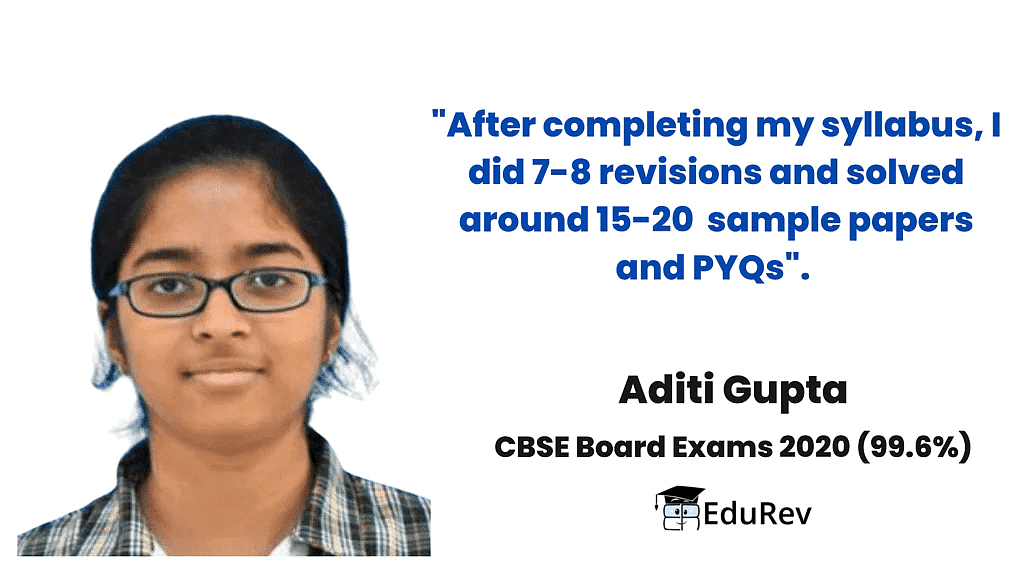
- Previous Year Questions are the most important element in the preparation for board exams.
- There is no better guide than previous year's question papers when it comes to understanding the exam pattern, type, and level of questions.
- Solving the previous year's question papers is like giving previous board exams, which will help you boost your confidence.
- Take each and every sample paper seriously and start solving them and feel like you are sitting in the examination hall of the board exam.
- Practicing questions make you confident and give a real picture of how much syllabus you have covered precisely.
- Solving plenty of sample papers is the most effective way to prepare for an exam.
EduRev provides sample papers and past year questions which you can find.
Step 7: Analyze Your Performance-
- Analyze the test: After taking a test, the most important thing to do is analyze it. It is more important to analyze the test than it is to take the test. Taking a test will not help you improve your grades but analyzing it and taking a look at the solutions so that you don't repeat the mistake again will.
- Look over the solutions: The next step is to review the test solutions thoroughly. Carefully and patiently go over the solutions. While working through the solutions, you will be learning how to attempt the questions in the board exams.
You can also check the analysis of the tests you take, the documents you read, and the videos you watch on the EduRev App. You get an insight into where you stand at that particular time.
Step 8: Ready for board examinations-
Once you are over with your preparations, ample revisions, and have solved previous year's questions and sample papers, you will be ready to sit for your Board Examinations with confidence and complete preparation.
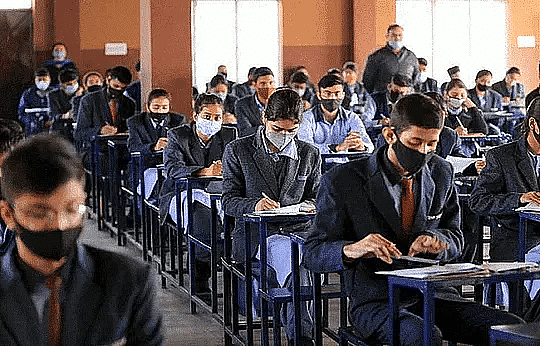
While attempting the exams, you must:
- Make wise decisions in selecting the questions.
- Ensure that your ideas are presented in a comprehensible and easy-to-read format, and avoid writing extensive paragraphs.
- Try underlining the headings.
- Create graphs, flowcharts, and diagrams wherever they are needed.
You can also take a look at the CBSE Toppers Board Exam Sheet provided by EduRev to take an idea of how to write in your board exams.
FAQs on Humanities Bible: 8 Steps to Ace your CBSE XII Board Exams - How to prepare for Humanities - Humanities/Arts
| 1. How can I effectively prepare for my CBSE XII Board Exams in Humanities/Arts? |  |
| 2. What are some important topics to focus on for the Humanities/Arts Board Exams? |  |
| 3. How can I improve my writing skills for the Humanities/Arts Board Exams? |  |
| 4. Is it important to refer to NCERT textbooks for the Humanities/Arts Board Exams preparation? |  |
| 5. How can I manage my time effectively during the Humanities/Arts Board Exams? |  |

















